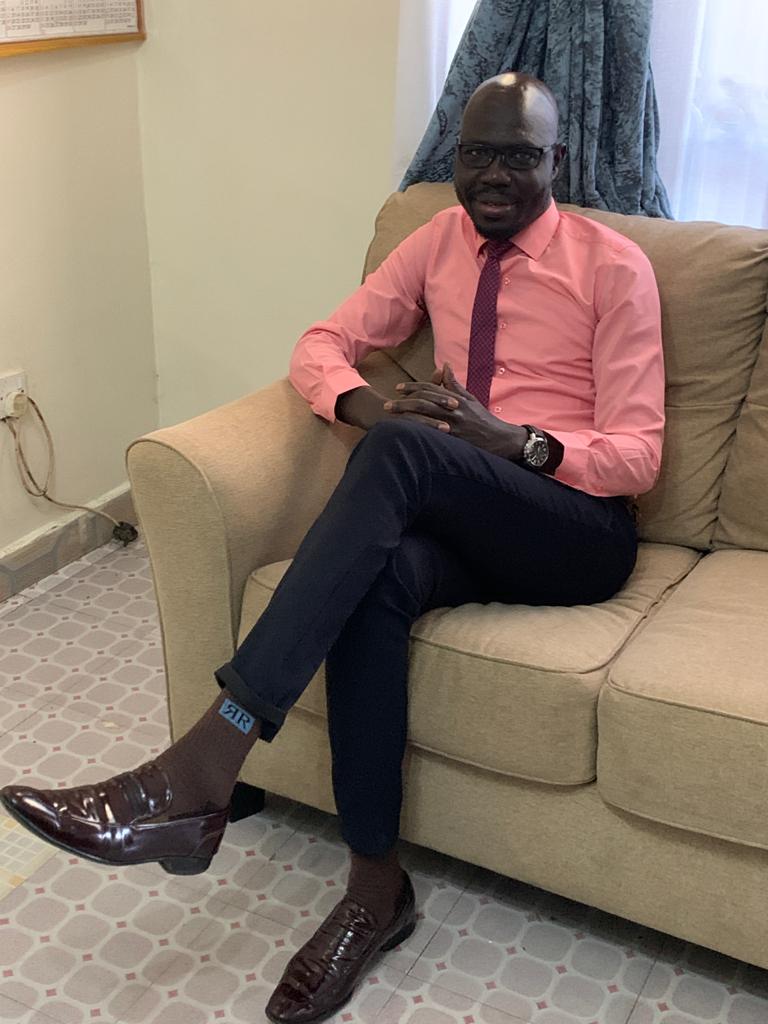
TRUTH BE TOLD, the public debate on the advantages and disadvantages of river dredging is a healthy and welcome development in my opinion. However, I could be wrong, and if I am wrong it’s because I do not choose to be right either.
The truth is I have patiently listened to both sides of the argument. Those for river dredging as a solution to persistent flash flooding and those against it based on its long-term environmental impacts.
So, here are some learning and takeaways I have synthesized from the debate which appears to be turning friends and colleagues into enemies.
I’ve summarized my observations into 5 key takeaways.
Takeaway – One: People’s consciousness of their rights and responsibilities
– That South Sudanese are very much conscious of their rights and responsibilities; however, they lack the courage and determination to protect those rights and responsibilities as such they have been turned into spectators and social media ‘scare dogs’ and ‘noisemaking’.
The debate also shows that people are that a very few elitists, who hold power are abusing the privileges donated to them.
Takeaways- Two: Rulers are fully aware of people’s anger towards them and are afraid of the unknown
– That leaders or the rulers are fully aware of people’s anger at their continued misrule and abuses of resources for their individual benefits and pleasure at the expense of the vulnerable masses. They know that people are fed-up with their mismanagement of the economy, and the country’s resources. They know that they risk losing it if people are pushed too hard to a breaking point. That’s why you read or hear of uncoordinated responses are coming from the same government; be it the state or the national government;
Takeaway – Three: Divide and rule –political philosophy isn’t sustainable in the face of a common denominator – Suffering
– That the architects of the – divide and rule – archaic political philosophy have partially succeeded that’s why some South Sudanese are dangling the tribal cards, thus, appearing blind to the long-term environmental impact as a result of the river dredging. However, it is comforting to see suffering and the continued struggle to survive in the land of abundance uniting the suffering. The rulers have now realized that they can’t sustain that model for long because a hungry person is a hungry person there are no two or three about it.
However, it is comforting to see suffering and the continued struggle to survive in the land of abundance uniting the suffering.
Omiri
Takeaway- Four: The external actors are at work and capitalizing on people’s vulnerability
– That external actors are taking advantage of the vulnerable situation facing South Sudan. That’s why some neighboring countries and friends continue dangling poisonous bait in the name of eradicating flash floods and are silent on the long-term consequence of river dredging
Takeaway – Five: flash flooding is a legitimate cause for concern for leaders in the most affected areas
– There are reasonable reports on the destructions caused by flash flooding in Unity state, Warrap state, Jonglei, and Upper Nile state. And leaders there are looking for a lasting solution to flooding problems that caused human lives and loss of livelihoods destroyed. However, the question is, is dredging a panacea to the flash flooding in those states? The answer is no, it is not.















